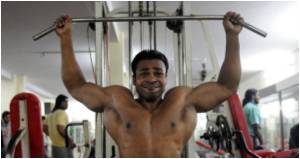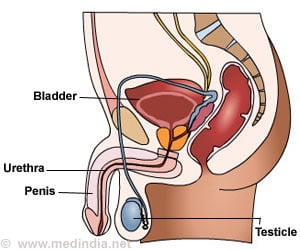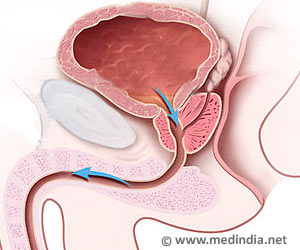
"If you used at earlier age, you had a higher risk. If you used them longer, you had a higher risk. If you used multiple types, you had a higher risk," warned Dr. Tongzhang Zheng, study senior author, who led the study at Yale University before joining the Brown University.
To reach the conclusion, Zheng’s team conducted detailed interviews of nearly 900 men - 356 of whom had been diagnosed with testicular germ cell cancer. They asked the men not only about their supplement use but also about a wide variety of other possible factors such as smoking, drinking, exercise habits, family history of testicular cancer and prior injury to their testes or groin.
After tallying their data, the researchers found that the men who used supplements had a 65% greater risk of having developed testicular cancer compared to the men who did not use supplements. The odds ratios increased to a 177% greater risk among younger men who used more than one kind of supplement and who used supplements three years or longer.
"We found that supplement use was related to a higher risk of developing testicular cancer. These results are important because there are few identified modifiable risk factors for testicular cancer and it remains a very mysterious cancer," added Russ Hauser, professor at Harvard T.H. Chan School of Public Health and a main collaborator of the research.
The study is the first analytic epidemiological study of the possible link between supplements and testicular cancer, the authors wrote in the journal. The work was inspired by mounting evidence that at least some supplement ingredients may damage the testes.
Advertisement
The results were detailed in the British Journal of Cancer.
Advertisement












